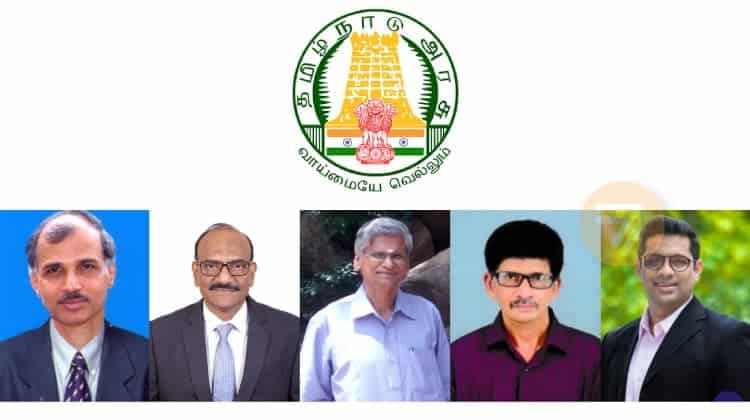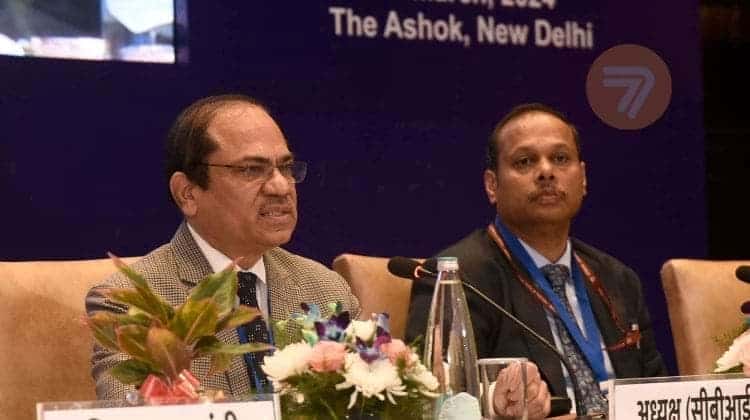AIGF Renews Challenge to TN Gaming Ban, MoS Calls It “Meaningless”
30 Apr 2023
Gaming Business Seeks Declaration of New Act as Unconstitutional
The All India Gaming Federation (AIGF) has renewed its legal challenge at the High Court of Madras against the constitutional validity of the freshly enacted second online gaming ban in Tamil Nadu. This time, Indian online gaming companies Gameskraft, Games24x7, and Head Digital Works back AIGF’s petition. Read more: AIGF challenge TN Gaming Ban.
AIGF had already filed a challenge against the ban last year when it was first passed as an Ordinance by Chief Minister M. K. Stalin’s cabinet, but the Madras HC allowed the petitioners to withdraw their case for the time being after the ban lapsed without being notified.
The TN Gazette published the Tamil Nadu Prohibition of Online Gambling and Regulation of Online Games Act, 2022, on April 10, after Governor R. N. Ravi received it for approval for a second time.
On Friday, April 21, the state government notified the “Tamil Nadu Online Gaming Authority and Regulation of Online Games Rules.” And the second online gaming ban in TN specifically directed against rummy and poker came into force.
A number of real money online skill gaming platforms that offer these games, including Poker Baazi, A23, Classic Rummy, and RummyCircle, started geo-blocking access from Tamil Nadu to their paid products on April 24.
AIGF challenge TN Gaming Ban | Madras HC Bench Refuses Interim Stay against Online Gaming Ban
Madras High Court’s first division bench comprising Acting Chief Justice T. Raja and Justice D. Bharatha Chakravarthy held the first hearing on the case on Thursday, April 27. But Justice D. Bharata refused any interim suspending measures against the disputed Act until the state’s position on the matter was heard.
K. Stalin’s government, represented by senior counsel Kapil Sibal, received 6 weeks to frame their reply until the next hearing. Which was scheduled for June 3, after the court vacation.
Senior counsels Aryama Sundaram and Abhishek Manu Singhvi represented AIGF and real money gaming companies, respectively. They pleaded that only the Union Government has legal competence over games of skill. They argued that the State’s Act mistakenly labeled poker and rummy as games of chance.
“It is the people of Tamil Nadu and not the online gaming companies. Which are here to make profits that must be protected by the court. Online gaming platforms are making money and ruining families,” answered TN counsel Sibal.
“While liquor, lottery, and horse race is permitted in the state. Then why the state is against the games of skill?” argued senior counsel Singhvi.
States Have No Business Trying to Regulate the Internet
Union MoS for Electronics & IT Rajeev Chandrasekhar made a statement regarding online gaming legislation. His ministry was recently appointed as the nodal department for online gaming. They later notified amendments to the IT Rules regulating the sector. He said that attempts by state governments to legislate on internet matters like online gaming were “meaningless.”
“As we saw recently, Tamil Nadu enacted its own law, essentially creating a regulatory minefield of uncertainty, ambiguity, confusion, etc.,” the IT Minister of State wrote in a Twitter Spaces session.
“The law also completely misunderstands technology and prohibits random number generators, which are an integral part of fairness for online gaming,” AIGF CEO Roland Landers had commented earlier.
“This is disappointing as it disregards the six decades of established legal jurisprudence and also the recent judgment of the Madras HC, which struck down a similar law.”



